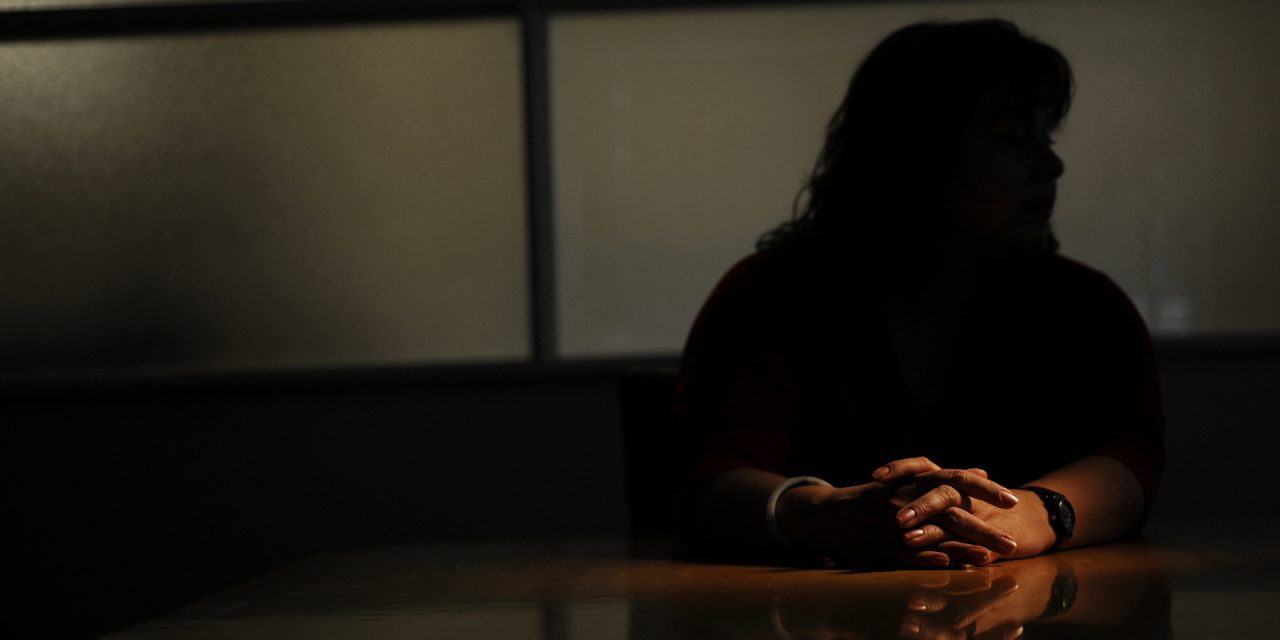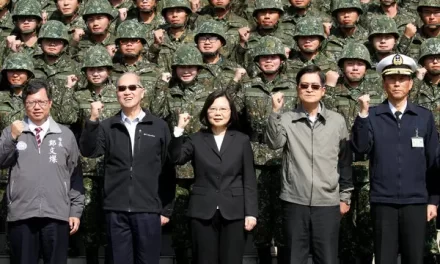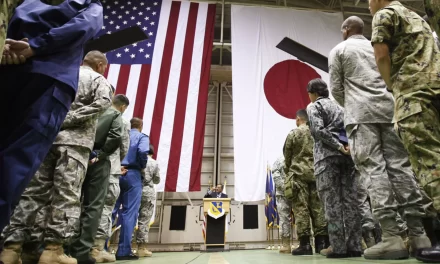By Jianli Yang July 15, 2022
July 1, 2022 marked the one-year anniversary of the U.S. Supreme Court’s decision in Americans for Prosperity Foundation v. Bonta. Regarded as one of the most important donor privacy cases in over 60 years, the ruling affirmed that all Americans should have the ability to exercise their First Amendment rights privately.
On April 13, 2021, the Chinese government forced a businessman named Mr. Lee to appear on its central TV station and confess to a “crime” for which he was sentenced to 11 years in prison. His crime? Financially supporting my organization, Citizen Power Initiatives for China, a pro-democracy movement based in the United States and registered as a nonprofit organization with the Internal Revenue Service.
I founded this organization in 2008 to advance human rights and a peaceful transition to democracy in China. Unsurprisingly, our supporters, including those in America, can face extreme consequences when they are identified by the Chinese government. As a result, the privacy of our members is paramount to our organization’s survival.
Yet increasingly, our privacy is threatened by lawmakers in the U.S. If successful, their efforts would silence many voices and put brave people in danger.
I know from experience the danger of challenging oppression. In the spring of 1989, I joined thousands of my fellow students in Beijing’s Tiananmen Square to protest for democracy. On June 4, I watched in horror as government soldiers slaughtered thousands of peaceful demonstrators by firing at them with machine guns and rolling over them with tanks. I was among the fortunate who survived.
Since then, my commitment has never wavered. As a student at UC Berkeley and later Harvard University, I frequently testified before the U.S. Congress, made appearances on television, and gave lectures on college campuses around the world. I engaged in discussions with American leaders on U.S.-China policy and led a project that produced a draft constitution for a democratic China.
The Chinese government deemed me a traitor for my work and forbade me from entering the country. In the spring of 2002, I defied the entry ban to support grassroots activists in China’s industrial northeast. Two weeks later, I was imprisoned.
For five years, I was detained in a Chinese prison, often in solitary confinement. My mental health deteriorated under the weight of prolonged isolation, repeated interrogations, and endless psychological and physical torture.
In 2007, thanks to overwhelming international support, I was freed and returned to the United States. Since then, I have recommitted myself to the hard work of advancing human rights and democracy in China. That work places me, and my organization, directly in the crosshairs of the Chinese government.
In 2019, the Chinese Foreign Ministry smeared Citizen Power Initiatives for China as a hostile foreign force. Danger has also extended to our financial supporters, like Mr. Lee. A few other major contributors halted their support after learning the Chinese government had discovered their donations.
Most people who want to support us, including those living in the U.S., have some connection to China through their family, friends, or business. China has a long arm to harass and surveil. Public exposure of our supporters’ identities by federal or state agencies in the United States would enable the Chinese government and others acting on its behalf to more easily threaten and harass our supporters. Many people in the U.S. have demurred from supporting our cause because of these fears.
Our story should give pause to politicians in the United States who seek to force nonprofits to publicly expose their supporters when speaking on matters of public concern. Prior to the Supreme Court’s ruling in Americans for Prosperity Foundation v. Bonta last summer, several states demanded that nonprofits turn over their donor lists as a condition of registration and fundraising. In California, those lists were carelessly published online. The Supreme Court’s decision brought an end to that practice – for now. However, some politicians and activists across the United States continue to press for disclosure of nonprofit donor and member lists despite the Court’s pro-privacy decision.
It is no exaggeration to say that privacy is a matter of life and death for our members and donors as well as for our organization itself. Our work would be unsustainable without the ability to shield our supporters. The same is true for many other important causes supported by nonprofits throughout the United States.
As political tensions rise in the U.S. and hostility to free speech and democracy persist in America and around the world, it is essential that we protect our privacy. The range of people, causes, and movements that would suffer without it is greater than we may realize – until it is too late.
There are always people in power who want to surveil and control dissent. In a functioning democracy, they are denied the authority to do so. We must keep it that way. The price of our freedom – and our privacy – is eternal vigilance.
























